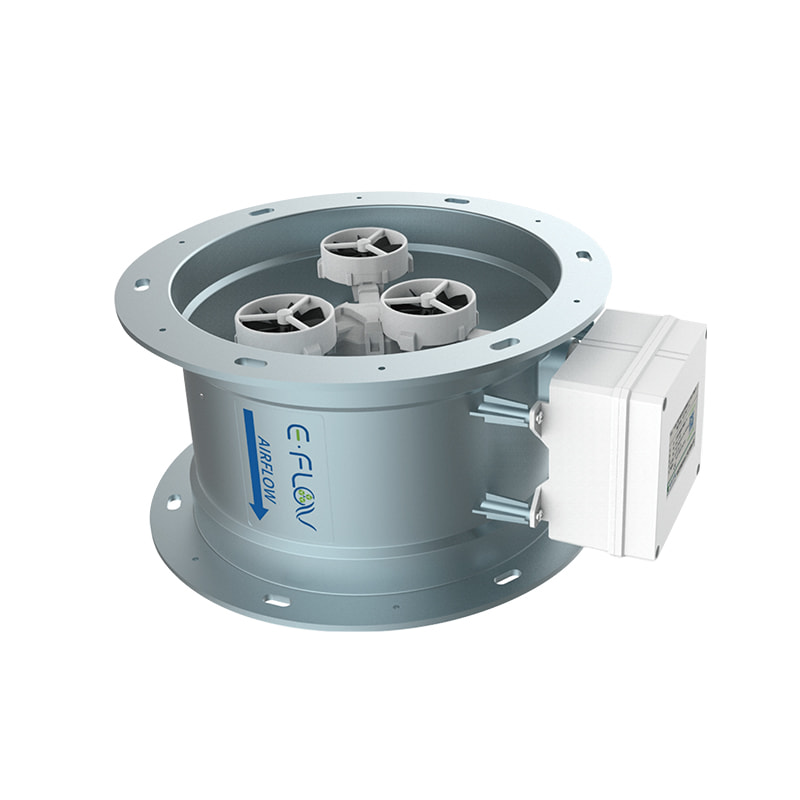Are Foldable Container Houses the Future of Sustainable Living?
In an era where sustainability and innovative housing solutions are at the forefront of architectural discussions, foldable container houses have emerged as a compelling option. These unique structures combine the durability of shipping containers with the flexibility of modular design, offering a fresh perspective on modern living. But what exactly are foldable container houses, and could they truly revolutionize the way we think about homes?
What is a Foldable Container House?
A foldable container house is a prefabricated living space constructed from modified shipping containers. Unlike traditional container homes, these structures are designed to be collapsible, allowing for easy transportation and rapid deployment. When folded, they occupy minimal space, making them ideal for shipping or storage. Once on-site, they can be quickly unfolded and set up, often within a matter of hours.

The Advantages of Foldable Container Houses
Portability and Flexibility
One of the most significant benefits of foldable container houses is their portability. Whether you're a digital nomad looking for a mobile office or a homeowner seeking a temporary living solution, these structures can be easily relocated. This flexibility makes them particularly attractive for those who value adaptability in their living arrangements.
Cost-Effective Housing Solution
Compared to traditional construction methods, foldable container houses often come with a lower price tag. The use of recycled shipping containers as the primary building material helps reduce costs, while the prefabricated nature of these homes minimizes on-site construction expenses and time.
Eco-Friendly Option
Sustainability is a key feature of foldable container home. By repurposing shipping containers, these homes give new life to materials that might otherwise be discarded. Additionally, many designs incorporate eco-friendly features such as solar panels, rainwater collection systems, and energy-efficient insulation, further reducing their environmental impact.
Challenges and Considerations
While foldable container houses offer numerous advantages, they are not without challenges. Potential buyers should consider the following aspects:
Zoning and Building Regulations
Local zoning laws and building codes may not always be accommodating to non-traditional housing structures. It's crucial to research and comply with local regulations before investing in a foldable container house.
Climate Adaptability
Depending on the location, additional modifications may be necessary to ensure the house is suitable for extreme weather conditions. Proper insulation and climate control systems are essential for comfort in various environments.
Space Limitations
While ingeniously designed, foldable container houses may offer less living space compared to traditional homes. This could be a significant consideration for larger families or those accustomed to more spacious living arrangements.
Potential Applications
Beyond residential use, foldable container houses have potential applications in various sectors:
Suggested reading:How Epoxy Coated Steel Strand Improves Infrastructure Durability?
Key Considerations for Purchasing Prestressing Steel Strand
Aluminum Coil for Concert Halls: Innovations in 2024
Key Applications of Low Maintenance Aluminum Coil
How Can Color Coated Aluminum Coils Enhance Your Project's Aesthetic Appeal?
How Does Wooden Color Aluminum Coil Transform Spaces?
Top Cermet Bits for Sale: Unleash Your Machining Power
Emergency housing for disaster relief efforts
Temporary accommodations for construction sites or events
Pop-up retail spaces or mobile offices
Eco-tourism lodgings in remote locations
Innovations on the Horizon
As technology advances, we can expect to see further innovations in foldable container house design. Some potential developments include:
Smart home integration for improved energy efficiency
Advanced materials for better insulation and durability
Modular designs allowing for easy expansion or reconfiguration
3D-printed components for customization and cost reduction
Conclusion
Foldable container houses represent an intriguing intersection of sustainability, affordability, and innovation in housing. While they may not be suitable for everyone, they offer a compelling alternative for those seeking flexible, eco-friendly living solutions. As urban populations grow and environmental concerns intensify, the appeal of these Portable Container homes is likely to increase.However, the long-term success of foldable container houses will depend on continued innovation, addressing regulatory challenges, and shifting public perception of alternative housing options. As we move towards a more sustainable future, these unique structures may well play a significant role in reshaping our approach to housing and urban development.
Suggested reading:Are Your Aluminum Coil Shutters Vulnerable to Weather Damage?
Unlocking Benefits of Personalized Aluminum Coil for Your Projects
Exploring Innovations in Yuanxian High-Tech Materials
“Exploring the Benefits of Colored Coated Aluminum Coils”
Waterproof PE Tarpaulin
custom metal fabrication prototype
Is Your Vermiculite Coated Fiberglass Cloth Safe for High-Heat Applications?
- Previous: What are Benefits of Light Steel Structures?
- Next: None




